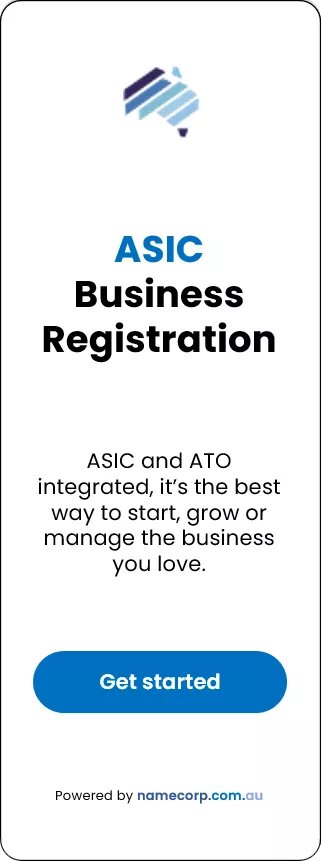Before applying for a business loan, take steps to improve your chance of success. Plan your business, assess your finances, and choose the right loan type.
Understand your finances
Even if you don't create your financial statements, it is crucial to comprehend your finances.
Creating a cash flow statement provides a valuable overview of the inflow and outflow of your finances.
This can include:
- Current income
- Net profit
- Expenses
- Future projections
Prepare your business plan.
To assess your financial situation and align with your business goals, most lenders will require a comprehensive understanding of your business plan before considering extending a loan.
This crucial document serves as a roadmap, outlining your strategies and financial projections and demonstrating your commitment to success. By thoroughly examining your business plan, lenders can evaluate your venture's feasibility and potential profitability, enabling them to make informed decisions regarding financing options.
Know your Financial Limits
Know and understand your limits for finance and your ability to repay any money you borrow. You will need to work out the following:
- If you need upfront or as-needed money
- What maximum repayment can you afford
- Your loan-to-value ratio
- What assets do you have to offer as collateral?
- Who can guarantee your loan if you need a guarantor?
- Your equity amount
Choose a loan type for your business.
Once you assess your needs, you should examine which financial product is right for your business. Analyse the different loan options for:
- Costs
- Interest payments
- Any hidden charges or terms
Different loan types have varying tax and GST implications. Consult a business adviser or accountant for insights.
Common financial products and loan types
Loans
Loans can vary and include the following:
- The amount
- Loan term (the period in which you repay the loan),
- Interest rate type (fixed or variable)
- Fees
- Security
Ensure to thoroughly review the product disclosure information before applying, irrespective of the chosen product.
Overdraft facility
This link connects to your business account with an authorised overdraft limit. Typically, a credit check is required to assess the viability of your business as security. The overdraft facility offers working capital to your business before income is received. Avoid using it for capital purchases or long-term financing.
Line of credit
A line of credit offers convenient access to funds, allowing you to draw from an approved account balance limit. As long as you stay within this limit, you can withdraw funds whenever needed. This financial solution ensures easy accessibility and financial freedom while controlling your borrowing.
Fully drawn advance
Fully drawn advance grants upfront access to funds for long-term investments, like new business ventures or expanding equipment. A fully drawn advance lets you fix the interest rate for a specific period, ensuring stable and predictable repayments.
Commercial bill
A commercial bill, also called a bill of exchange, is a short-term loan for inventory needs. It provides a fixed sum in advance, with regular interest payments, and is due at the end of the term.
Rent to buy
Instead of purchasing a good outright, you have the option to make an initial deposit and lease it until fully paid. It's worth exploring alternatives such as lay-by, which can offer more cost-effective solutions.
Commercial hire-purchase
When you purchase a good with an initial deposit. Lease and pay instalments with interest charges. Lower instalments by opting for a larger final payment also called a 'balloon' payment.
Chattel Mortgage
Like hire-purchase, the critical difference is that you own the asset right from the start. By making regular ongoing payments, you can lower those payments by opting for a larger final payment.
Factoring
Factoring, or debtors and accounts receivable finance, occurs when a factoring company purchases your unpaid invoices at a discounted rate.
The factoring company then chases up the debts. This is a quick way to get access to cash. However, it can be more expensive than traditional types of finance.
Invoice finance
Similar to factoring, however, in this case, the invoices or accounts would still be retained within your business.
Get your paperwork ready.
Ensure you're prepared before you meet or speak to a lender, broker, or investor. You’ll need to bring along documentation such as:
- Proof of identification
- Business plan
- Main financial reports for the last three years
- Financial forecasts
- Ratio calculations
- Personal financial information
Compiling your details into a report will look professional and give your lender an overview of your finances.
Get expert advice
If you need more confidence in answering financial questions when you apply for finance, you can bring a business adviser or accountant who can assist you.
Apply for a business loan.
To ensure you’re prepared for your loan interview, follow these tips:
- Check finance details carefully. If you find a significantly cheaper option that seems too good to be true, investigate why it's cheaper.
- Managing finance refusal: If unsuccessful in your application, seek feedback and make changes to address any issues for next time.



